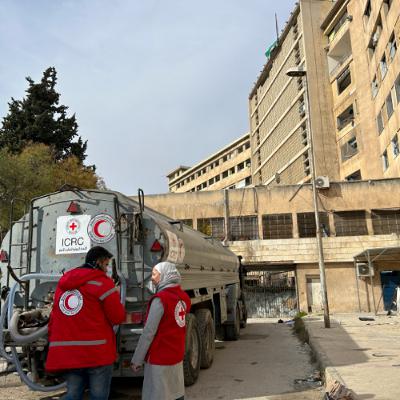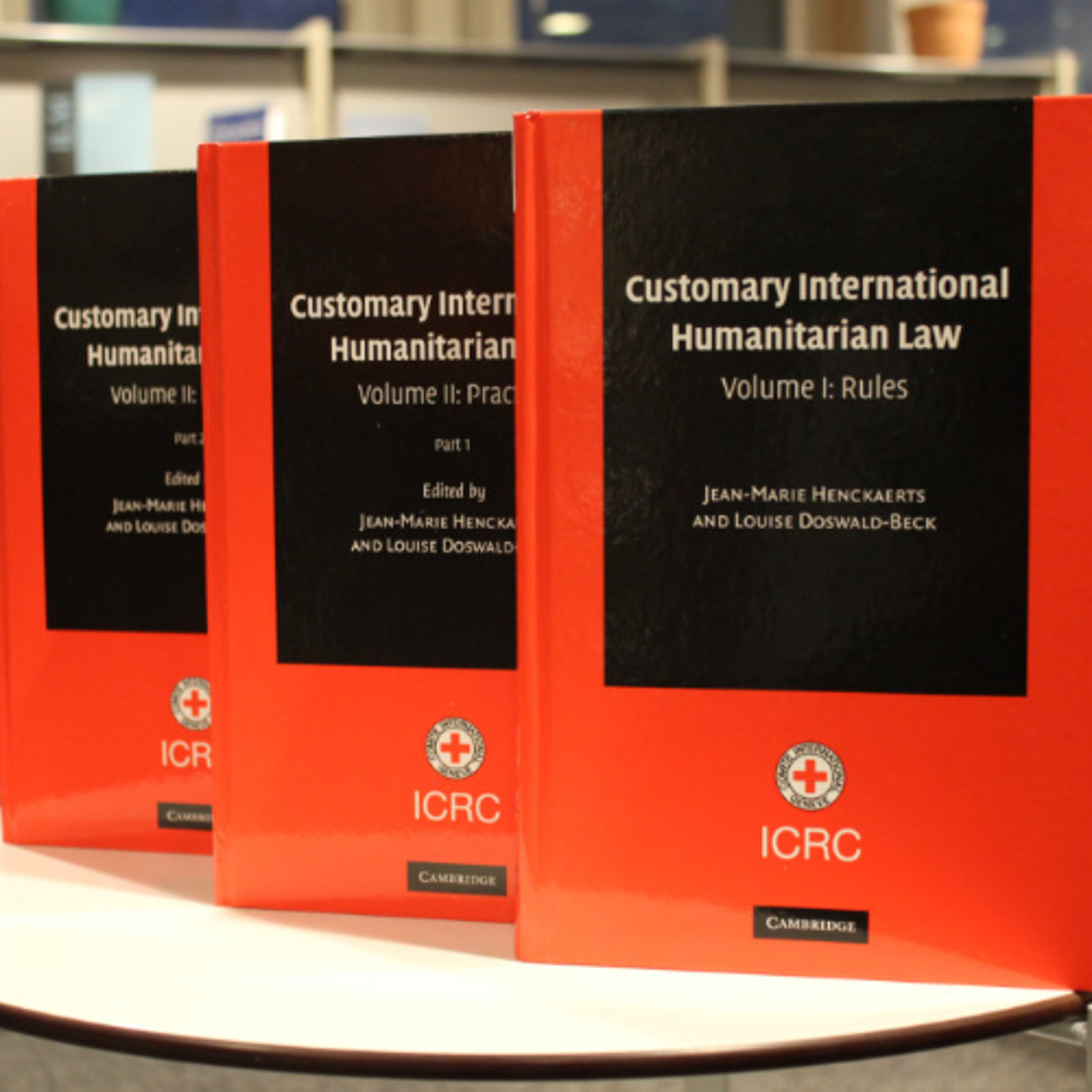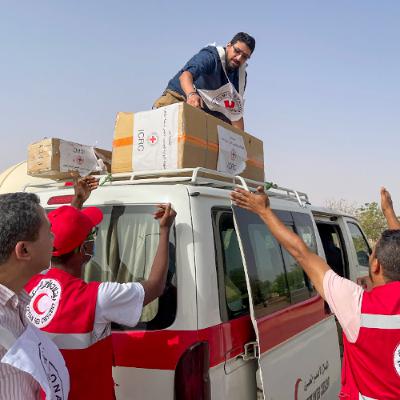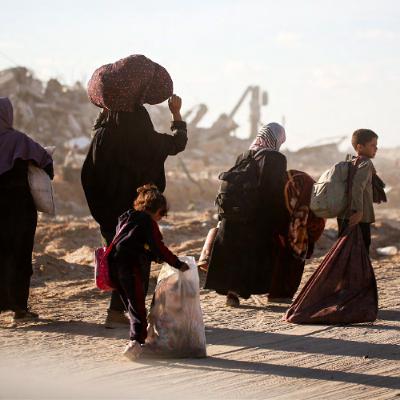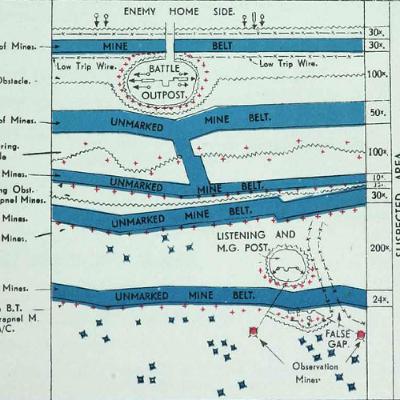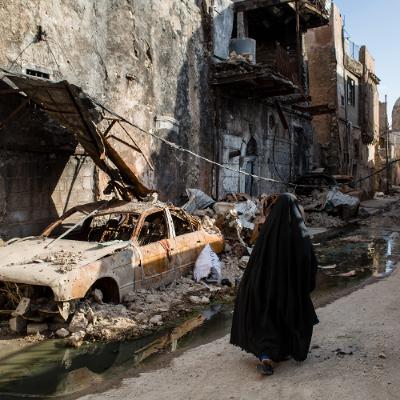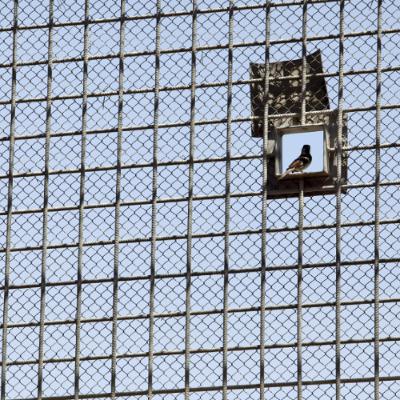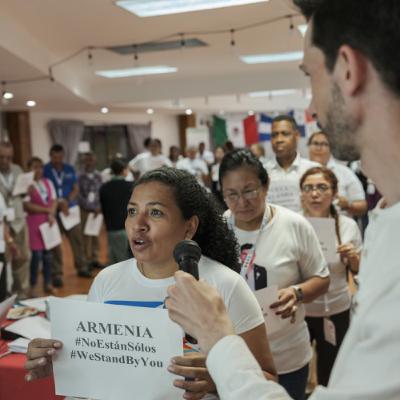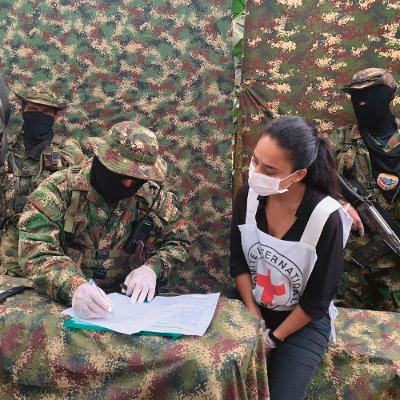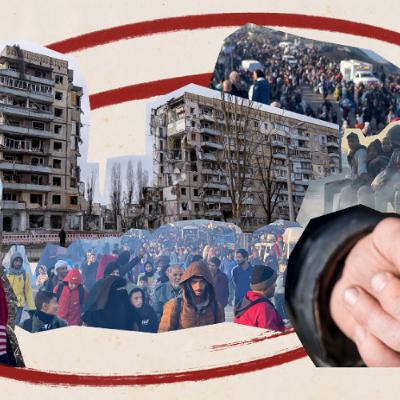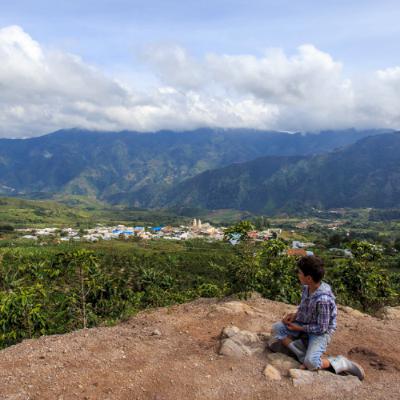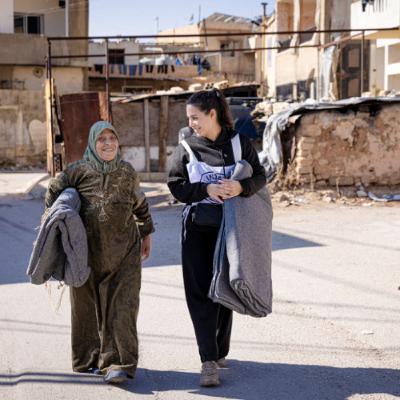Reaffirming the obligation to protect medical facilities and support their functioning
Update: 2025-11-20
Description
Restrictions on movement and access to medical supplies have become an often-unseen threat to health care in today’s armed conflicts. Even where hospitals are not attacked, the quiet tightening of supply routes can deprive them of the medicines, equipment, and basic services they need to function.
In this post, ICRC Legal Advisers Supriya Rao and Alexander Breitegger outline what the obligation to protect medical facilities means in practice, from allowing the passage of medical consignments to enabling essential services like power and water. They also describe how concerns about dual-use risks must be balanced against humanitarian needs, and highlight ongoing work under the Global IHL Initiative to identify good practices that help keep hospitals operating even in the most difficult conditions.
In this post, ICRC Legal Advisers Supriya Rao and Alexander Breitegger outline what the obligation to protect medical facilities means in practice, from allowing the passage of medical consignments to enabling essential services like power and water. They also describe how concerns about dual-use risks must be balanced against humanitarian needs, and highlight ongoing work under the Global IHL Initiative to identify good practices that help keep hospitals operating even in the most difficult conditions.
Comments
In Channel

